Could This Civil Unrest Return to the Western World?
In the annals of history, May 1968 stands as a watershed moment in France. The civil unrest that swept through the country during that fateful month, driven by student protests and amplified by broader societal discontent, left an indelible mark on French society and politics. But could such a period of civil unrest happen again today in the Western world? The question looms large, as a confluence of factors in the 21st century bears an eerie resemblance to those that precipitated the events of May 1968.
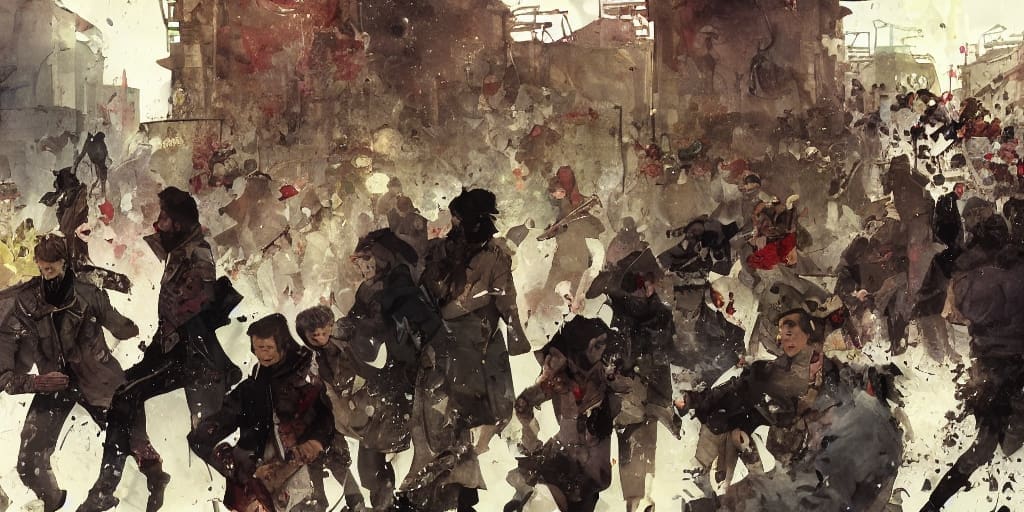
Table of Contents
Unrest from Social Inequities and Economic Strain
One of the key factors that led to the turmoil of May 1968 was the growing social inequality and economic strain in France. The Western world today faces a similar landscape, with a deepening wealth gap, stagnant wages, and rising living costs. The COVID-19 pandemic exposed these disparities even further, highlighting the vulnerability of the working class and the stark contrast with the economic well-being of the elite.
The idea that a small, privileged segment of society is benefiting disproportionately from economic growth while the rest grapple with insecurity and dwindling opportunities has a striking resonance with the conditions that ignited the protests in 1968. If these disparities continue to worsen without meaningful reforms, they could serve as a potent catalyst for renewed civil unrest.
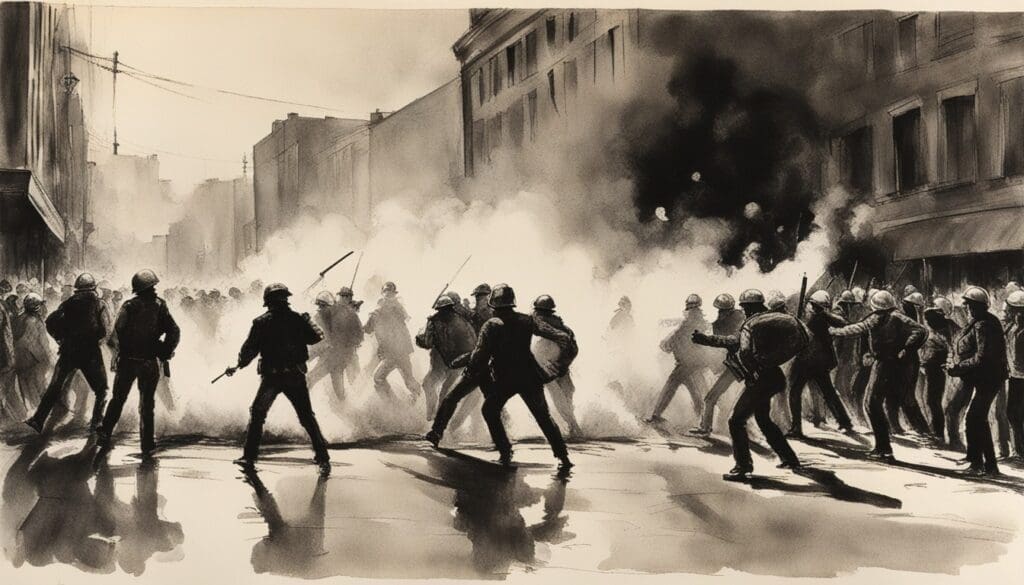
Youth Activism and Dissatisfaction
One of the defining features of May 1968 was the active involvement of the youth in the protests. Young people, primarily students, came out in droves to demand change. Today, a similar wave of youth activism is gaining momentum, driven by concerns like climate change, social justice, and political accountability.
The student-led climate strikes, the Black Lives Matter movement, and youth-driven political campaigns are all indicative of a growing discontent among young people in the Western world. They are leveraging technology and social media platforms to mobilize and amplify their voices, much like their counterparts did in 1968. These emerging activists have the potential to instigate broader social movements, possibly leading to widespread unrest.
Political Discontent and Polarization
May 1968 was marked by political discontent and polarization. The protests didn’t align with any single political group, but they were fuelled by a general disillusionment with the political establishment. Today, many Western nations are grappling with political polarization, populism, and widespread disillusionment with mainstream politics.
The rise of far-right and far-left movements, coupled with the erosion of public trust in institutions, has created an environment ripe for social unrest. If political leaders fail to address these concerns and bridge the growing divides, they may inadvertently fuel the flames of discontent, pushing the Western world towards another period of civil unrest.

Media and Communication
The media landscape has evolved significantly since 1968. In May 1968, information was disseminated primarily through traditional print and broadcast media. Today, the landscape is far more complex, with the internet and social media platforms enabling information to spread rapidly and widely.
While this new communication era offers opportunities for activism and organization, it also presents challenges. Disinformation and misinformation can spread just as rapidly as factual information, potentially distorting the narrative of any protest movement. The misuse of social media and the influence of foreign actors are serious concerns that could impact the dynamics of civil unrest in the 21st century.
Global Issues and Solidarity
The events of May 1968 weren’t confined to France; they resonated globally. The spirit of revolt was contagious, inspiring protests in other Western nations. Today, global issues such as climate change, human rights, and economic inequality serve as rallying points for international solidarity and activism.
The interconnectedness of the world allows for the rapid sharing of ideas and tactics among movements. When a major event, like a global financial crisis or a large-scale protest in one country, captures the world’s attention, it can quickly inspire similar movements elsewhere. This interconnectedness can lead to a domino effect, where civil unrest spreads from one nation to another.
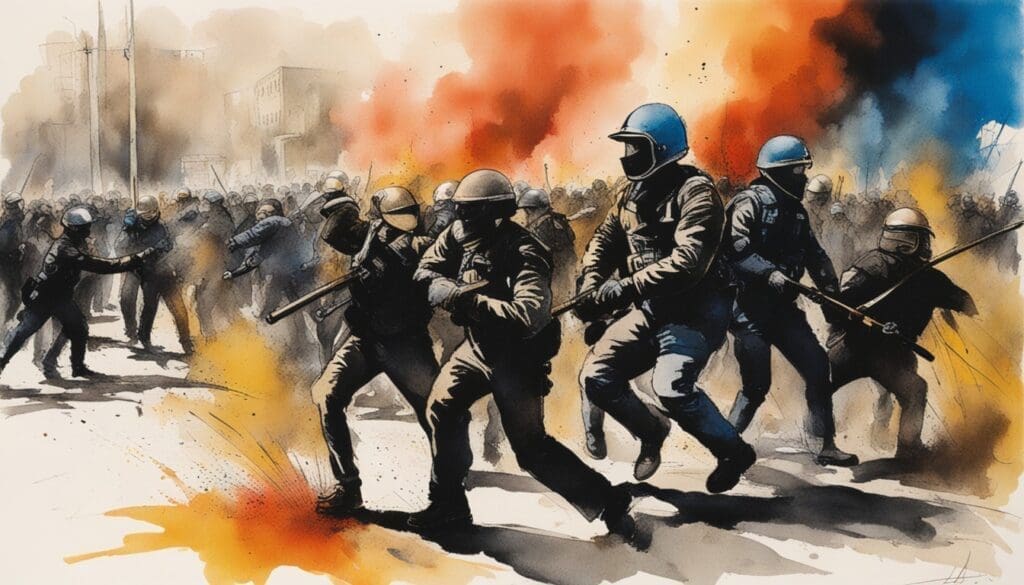
Government Response
The response of the French government to the events of May 1968 was crucial in shaping the outcome. At first, the authorities underestimated the protests, but they quickly escalated, resulting in a severe crackdown. Ultimately, the government conceded to several key demands, and the unrest subsided.
The response of Western governments today to civil unrest is equally important. Heavy-handed tactics, such as the use of excessive force or the imposition of curfews, can inflame tensions and lead to prolonged unrest. On the other hand, governments that engage in meaningful dialogue, address legitimate grievances, and demonstrate a commitment to social change can help quell unrest.
The conditions that led to the civil unrest of May 1968 in France bear striking similarities to the challenges facing the Western world today. Social inequalities, economic strain, youth activism, political polarization, changes in media and communication, global issues, and government responses are all key factors that could contribute to the resurgence of civil unrest.
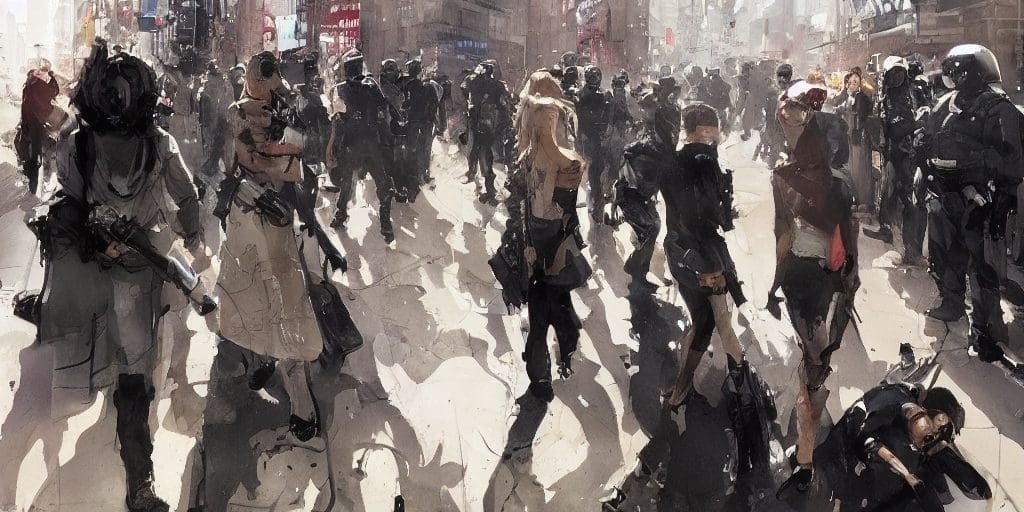
Valuable Lessons
While history doesn’t repeat itself exactly, it does provide valuable lessons. The events of May 1968 in France offer insights into how societies can reach a breaking point and the potential consequences of not addressing underlying issues. It is up to governments, institutions, and civil society to heed these lessons, address grievances, and work towards a more equitable and just future to prevent a repeat of the turmoil that defined May 1968.
As the Western world grapples with these challenges, it stands at a crossroads. The question of whether another period of civil unrest, akin to May 1968, will occur depends on how societies and their leaders choose to respond to these pressing issues. The legacy of 1968 serves as both a warning and an opportunity for a better future.

‘Control’ Apparel Now in Our Souled-Out.World Shop
Discover more from PEN vs SWORD
Subscribe to get the latest posts sent to your email.


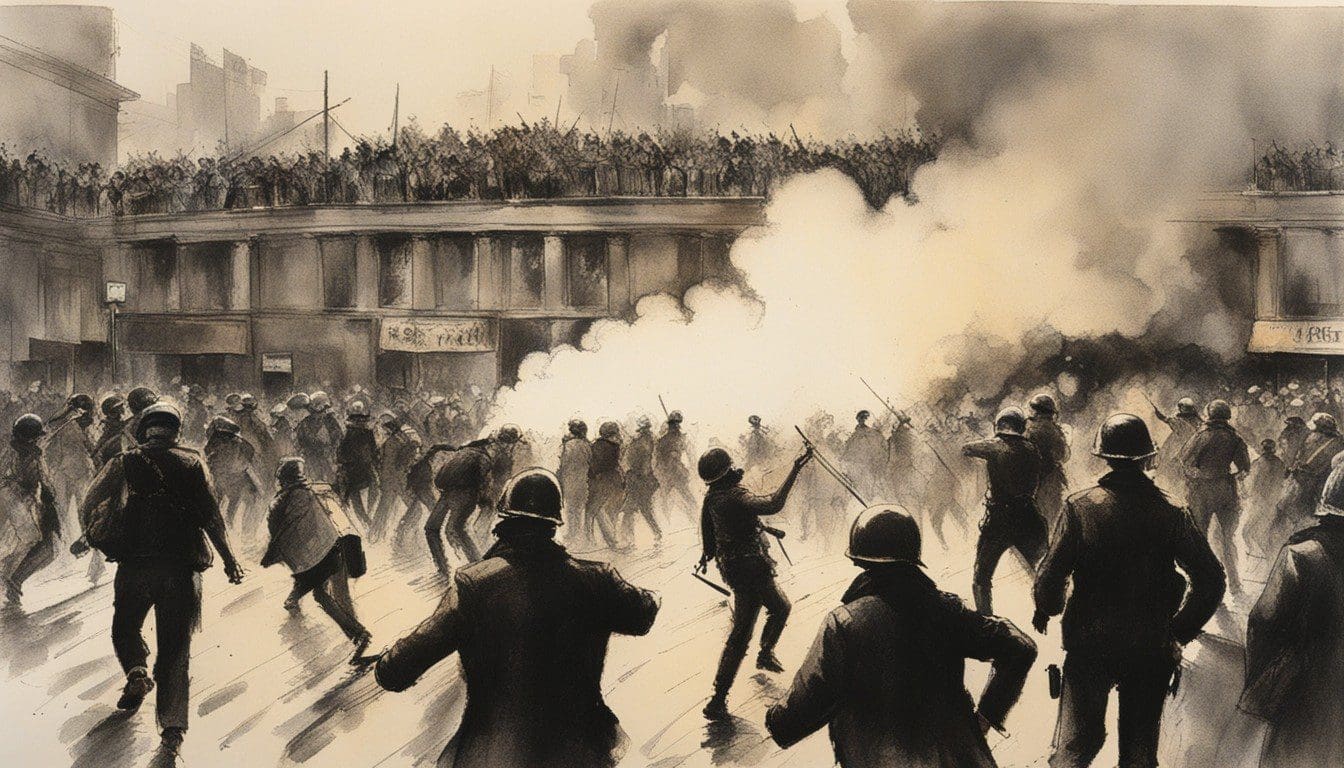





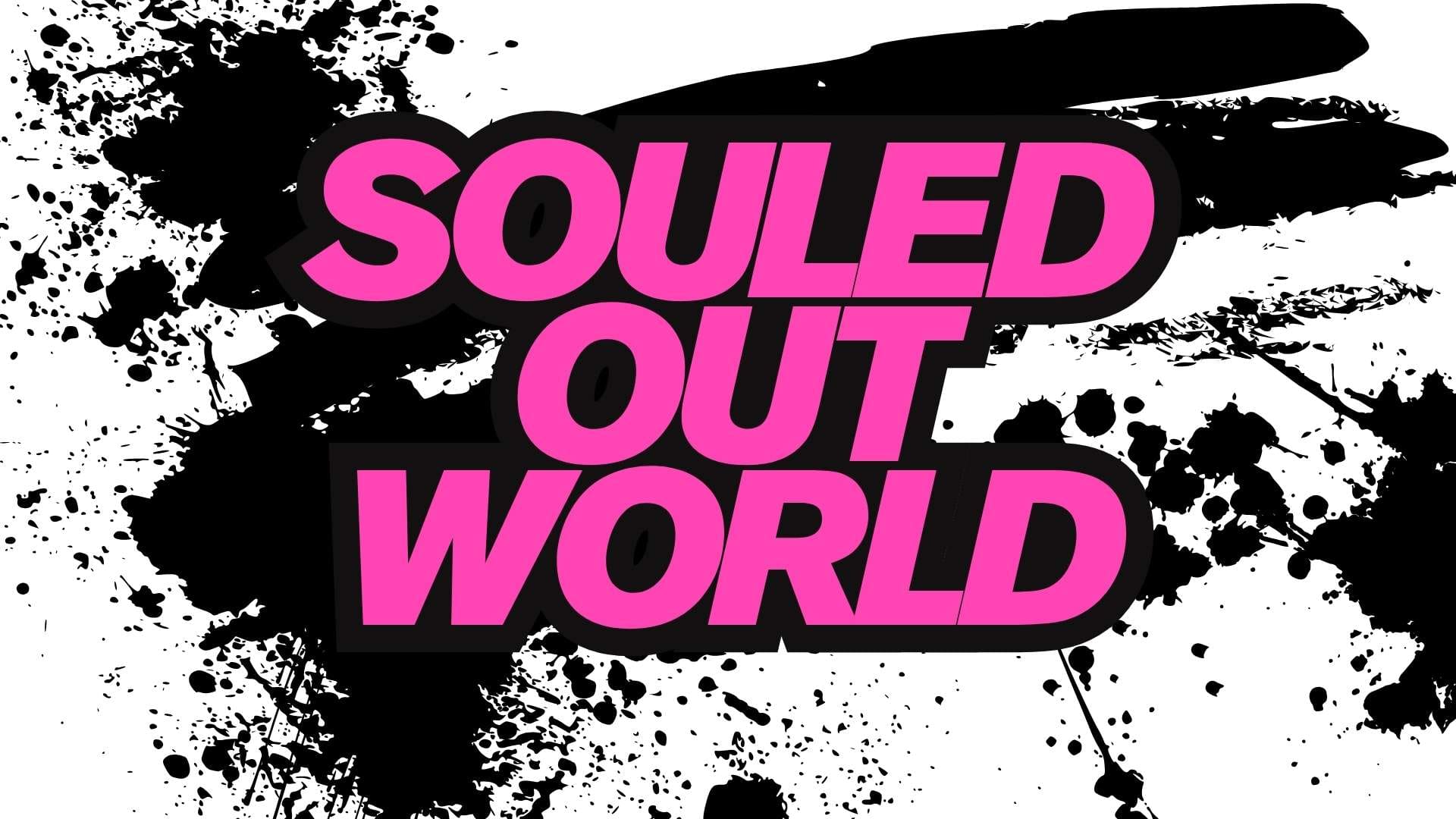

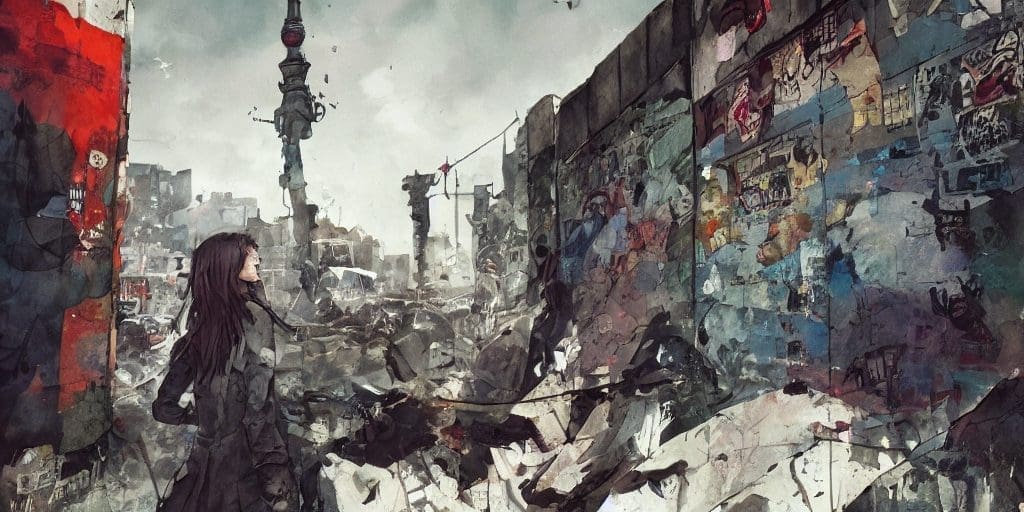
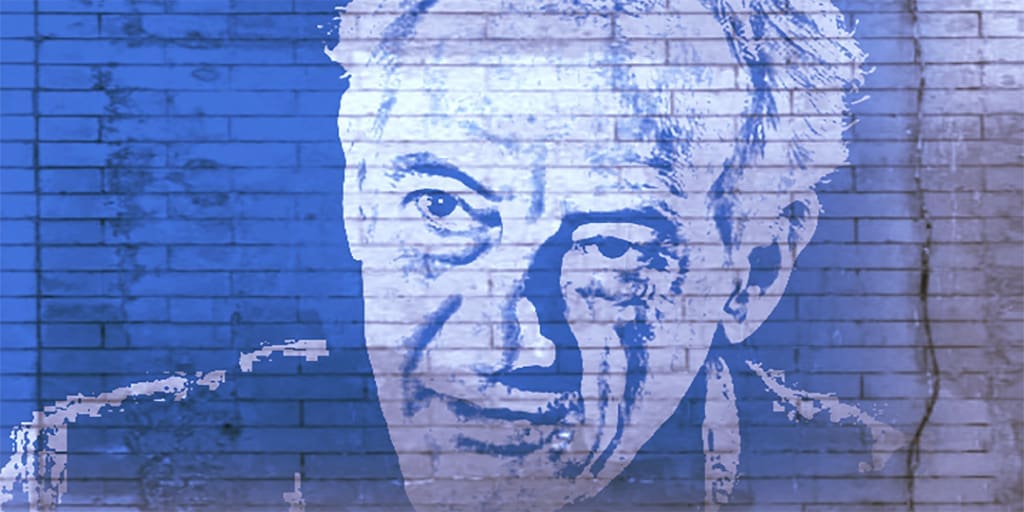



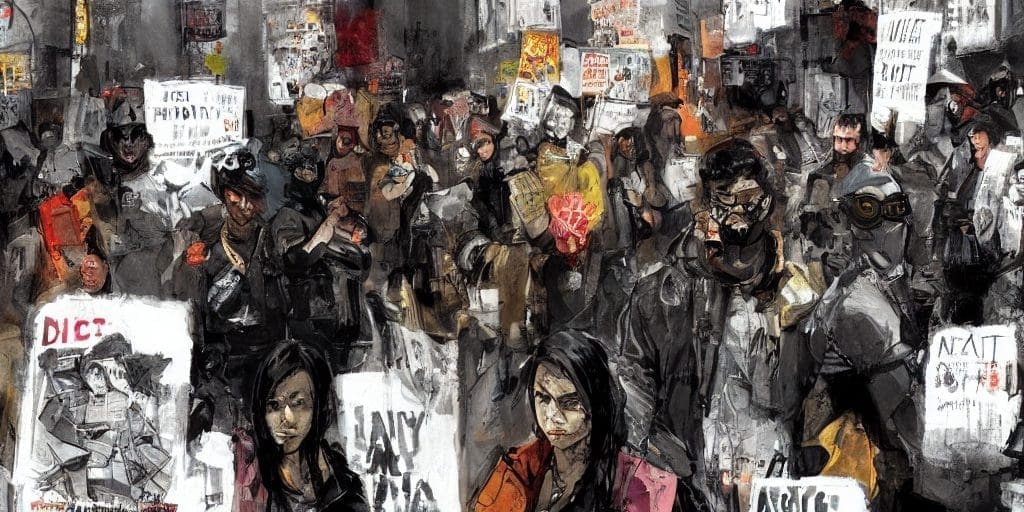
































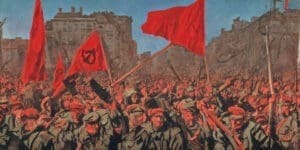
What do you think?